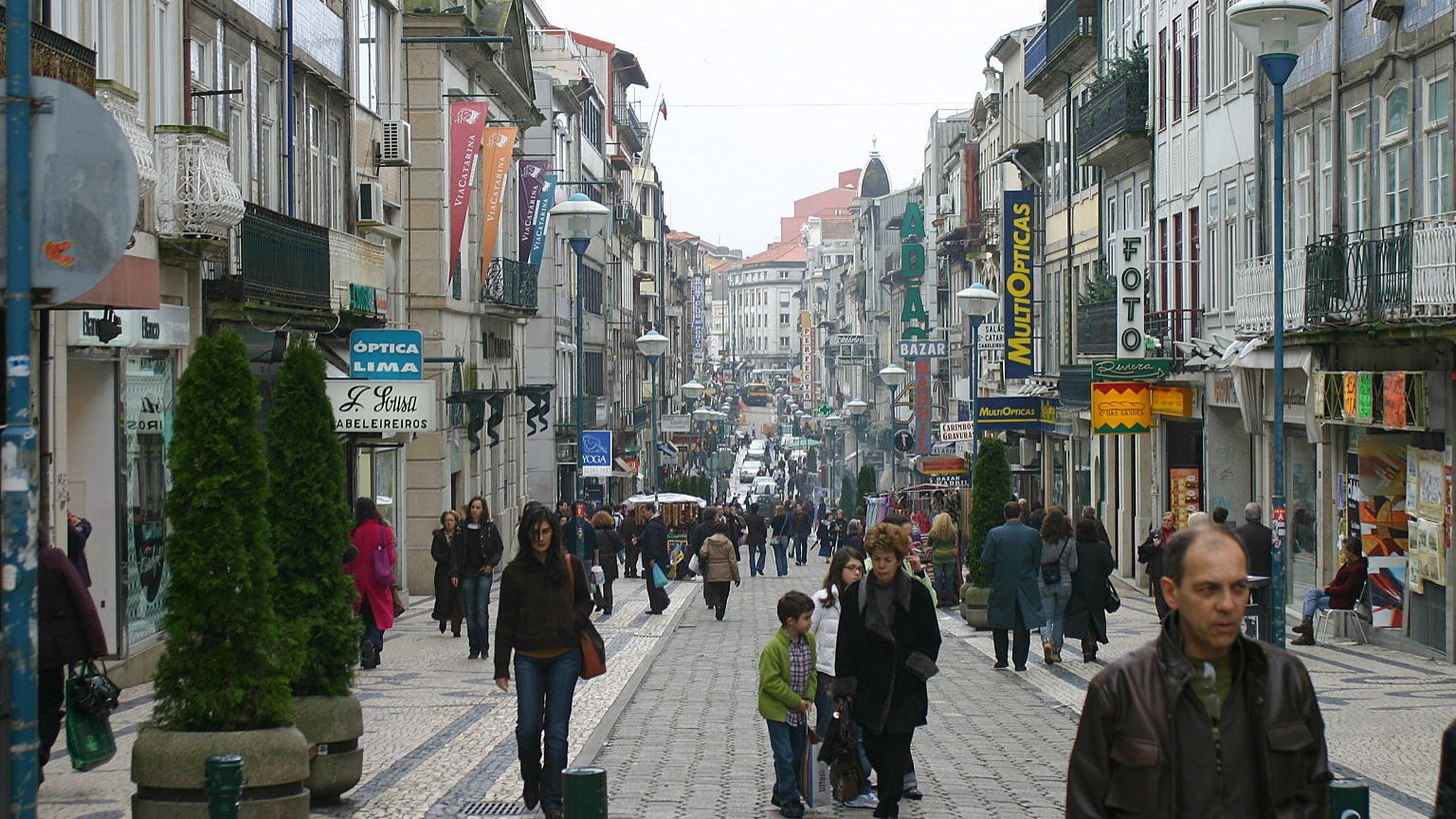From 4% to 20%. How big will the recession be in Portugal?
The uncertainty remains high, but economists are already beginning to count the economic cost of the pandemic. Most point to the biggest recession of Portuguese democracy.
After having in 2019 the first budget surplus since its democracy, Portugal may now have its worst recession of the same period. Forecasts for the fall in GDP range from 4% to 20%, but economists are unanimous in expecting a strong recession for the Portuguese economy in 2020.
For the time being, there are still no forecasts from the institution that has access to a greater level of information, the Ministry of Finance, which has at its disposal the figures from the Tax Authority that reflect the impact of the containment on tax revenue. The Government will only have to update its projections in the Stability Program, which will have to be delivered by April 15th.
Although more robust projections are already being made, all institutions and economists point out that the forecasts involve high uncertainty since they will depend very much on the time it takes to resolve the pandemic, on the effectiveness of state measures to counteract the economic impact and also on the size of the real impact that this period will have on company accounts.
Bank of Portugal forecasts recession that may reach 5.7% of GDP
In the March, the central bank outlined an adverse scenario in which it assumes the impact is “more significant due to the longer paralysis of economic activity in several countries”, foreseeing a GDP drop of 5.7%. If the adverse scenario materializes, the Portuguese GDP will fall more than in the worst year of the financial crisis: in 2012, the GDP fell 4%.
In this scenario, exports of goods and services should fall 19.1% as the global recession and the “collapse” of world trade will take much of the external demand directed at the Portuguese economy. Investment will fall by 14.9% and private consumption – one of the largest components of GDP – will shrink by 4.8%.
Católica expects recession between 4% and 20% of GDP
It all depends on the duration of the outbreak. This is the fundamental variable that divides the three forecasts made by the Católica economists: if it doesn’t last beyond April, the economy shrinks 4%; if it lasts another three months, GDP falls 10%; but if it lasts another six months, then the Portuguese economy loses one fifth of its value (20%).
“The Covid-19 pandemic has created a widespread disruption in the world economy,” economists at the Católica University assumed in their predictions about two weeks ago, admitting the “most plausible” scenario is an “abrupt collapse of developed economies,” although there is still “high uncertainty about the size and duration of the contraction. “We are facing a crisis of unique characteristics, marked by a double shock on the supply side and the demand side,” the NECEP said.
ISEG sees economy fall by up to 8% in 2020
According to ISEG estimates, the Portuguese economy may contract around 4% and 8% by the end of year. “In view of the current situation of conditioning economic activity, in the expectation that the more restrictive phase will not exceed two months and a subsequent gradual resumption of economic activity, the ISEG assumes as indicative values for the growth of Gross Domestic Product (GDP) in 2020 the range -4% to -8%,” detailed the economists.
Forum for Competitiveness estimates recession between 4% and 8% of GDP
If the pandemic is contained in the coming weeks, the Portuguese economy could shrink by 4%. This is the most benign scenario outlined by the Forum for Competitiveness. However, if the crisis lasts longer and the “measures launched prove to be insufficient”, the fall in GDP is estimated at 8%. “Of course, these figures are subject to revision, even in the short term, given the avalanche of novelties underway,” the economists explained.
IESE Business School study predicts GDP to fall by 10.7%
If the measures to contain the virus continue until mid-June, Portugal will have a GDP contraction of 7%. If the measures continue until the end of July, the recession will be -10.7% in 2020. This is how the study by Nuno Fernandes, professor of economics at the IESE Business School, outlines the near future of the Portuguese economy.
UniCredit says “the mother of all crises” has arrived. GDP shrinks 15%
“The mother of all recessions has arrived.” It is with this phrase that the Italian bank starts the new forecasts for this year where it predicts that the Portuguese GDP will fall 15% in 2020, recovering 10% in 2021. “These developments would represent the worst recession the country has ever experienced, worse than during the great recession (when GDP contracted by 3.1% in 2009) and the 1975 oil crisis (GDP contracted by 5.1% at the time),” the Italian bank recalled this Monday.


